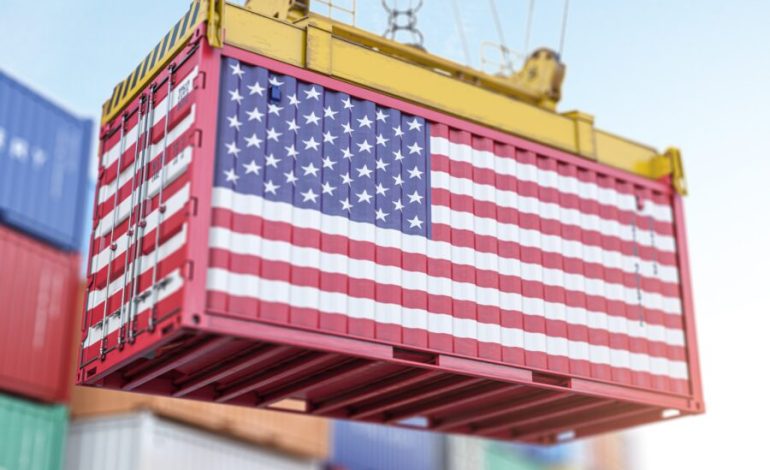A majority of large US corporations are actively preparing to manage the economic impact of tariffs by cutting costs, renegotiating contracts, and passing price increases on to consumers, according to a new survey by consulting firm PwC, Axios reports.
The findings, based on responses from 678 senior executives at companies with annual revenues of $2 billion or more, reflect a business environment grappling with ongoing uncertainty surrounding US trade policy. The survey, conducted between May 1 and May 8, found that over 60% of respondents have already taken concrete steps to respond to tariffs — even before a federal court ruling this week temporarily halted many of those tariffs.
According to PwC, 62% of surveyed executives have begun cost-cutting measures, 65% are renegotiating terms with suppliers, and 60% plan to pass some or all of the additional tariff-related costs on to their customers. These adjustments are seen as necessary amid the volatility of trade policy, particularly as President Trump’s reciprocal tariff measures continue to face legal challenges.
On Wednesday night, the US Court of International Trade blocked the bulk of the administration’s proposed tariffs, adding another layer of complexity. The Trump administration has already announced plans to appeal the ruling.
Despite the court’s decision, many companies are continuing to move forward with mitigation plans, anticipating that some form of tariff policy will remain in place or be reintroduced. The survey indicates that 83% of executives are adopting a more US-centric business strategy, a trend echoed by a separate HSBC report released Wednesday. That survey of smaller firms — those with revenues under $2 billion — showed over 70% also shifting their focus toward domestic markets.
For now, the message from large US companies is clear: they are preparing for a more protectionist trade environment by reworking operations — and in many cases, preparing to pass the financial burden on to consumers.










The latest news in your social feeds
Subscribe to our social media platforms to stay tuned